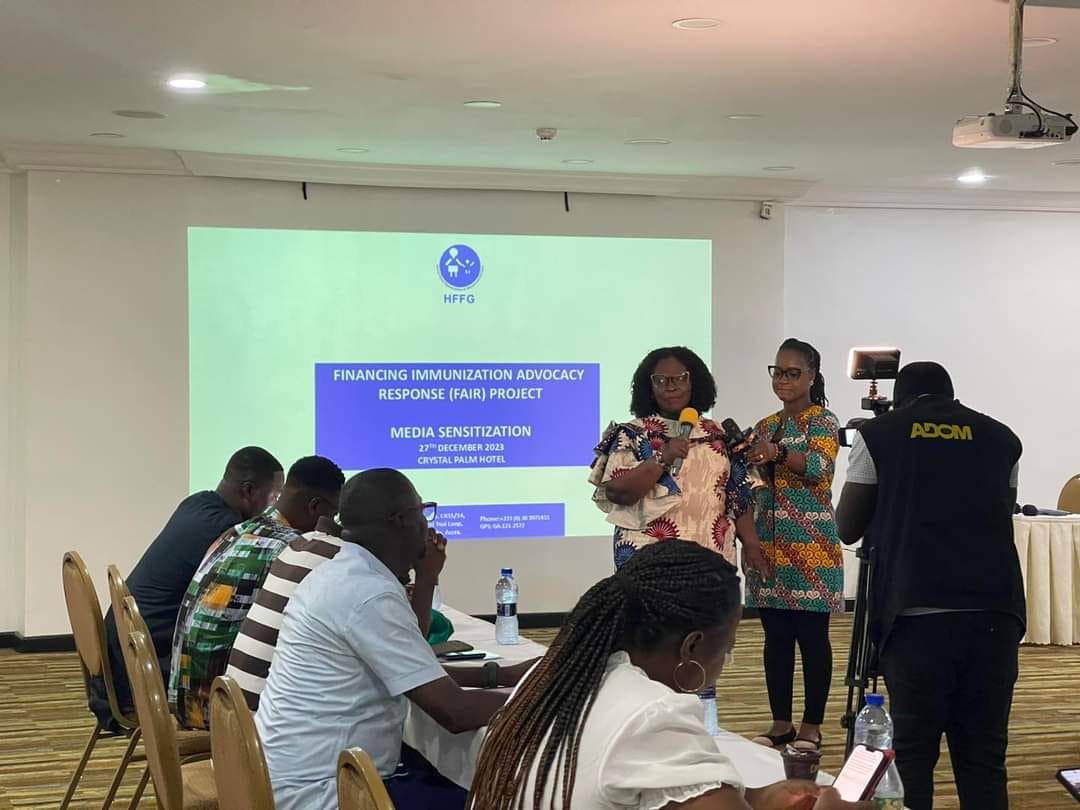
Government has been urged to invest in the Ghana Revenue Authority (GRA) to explore and deepen its efforts at raising more revenue from progressive taxes.
Addressing a news conference in Accra, last week, to launch an advocacy campaign on fiscal policies to address inequalities, Mr Appiah Kusi Adomako, Country Co-ordinator, Consumer Unity and Trust Society (CUTS) Ghana, a research and advocacy policy think tank, noted that a lot of economic activities were not captured by the tax net.
Mr Adomako said Ghana collected approximately 55 per cent of its taxes from indirect taxes, including Value-Added Tax (VAT), excise duties and customs duties, which had been found globally to be regressive, meaning that the poor paid the same effective tax rate like the rich which had worsened the plight of the poor and vulnerable.
On the other hand, he said, the country was haemorrhaging from millions of dollars annually from tax agreements with multinational companies.
According to Mr Adomako, research conducted by CUTS Ghana and Oxfam in Ghana revealed that tax exemptions and deductions to multinational firms in Ghana amounted to an average of US$1.3 billion a year, representing two-thirds of the education budget and 80 per cent of the health budget of the country.
He said Ghana had signed tax treaties with 12 countries which set low withholding rates of between 8 per cent and 20 per cent for the taxes.
Presenting the highlights of the research, Mr Isaac Yaw Obeng, research associate at CUTS Ghana, noted that though the education sector budget had increased by 11% from GH¢ 8.33 billion in 2017 to GH¢ 9.26 billion in 2018, much of the increment went into the payment of compensation, compared to the procurement of goods and services and capital expenditure.
Mr Obeng said the share of allocation to compensation increased significantly from 91.4% in 2017 to 98.5% in 2018, adding that investment in teaching and learning infrastructure held the key to narrowing the inequality gap.
In the area of health, Mr Obeng said given that health and education accounted for two-thirds of the reduction in inequality as a result of social spending, it was absolutely vital that any reductions in health spending were reversed and that larger allocations be made to help scale up access for the poorest and, ultimately, move towards universal health care.
He said the existing health budget needed to work better in addressing inequality and to increase inefficiencies in the system, adding that increased funding to the National Health Insurance Scheme (NHIS) to reduce out of pocket expenses on healthcare of the poor whose healthcare needs rested on the scheme.
In a statement, Hilary Luna Enos-Edu, Programmes Officer, CUTS Ghana, urged government to free up funds for anti-inequality spending by reducing the debt service burden and making revenue mobilisation a top priority.
Ms Enos-Edu urged on the Metropolitan, Municipal and District Assemblies (MMDAs) to maximize revenue from property rates to support education, healthcare and sanitation and not to overly rely on the central government for all their needs.
She said government should clamp down on tax exemptions and enhance domestic revenue mobilization with a strong emphasis on progressive taxation which helped to redistribute income and do more to address geographical inequalities through better constructed financing formulae, to overcome continuing urban-rural and North-South divides.
CUTS Ghana is a public policy think-tank working in the areas of trade and development, competition and economic regulations, and governance and consumer protection across Asia and Sub- Saharan Africa.
Established in 1983 and with its headquarters in Jaipur, India, the organisation has its regional presence in Accra, Nairobi, Lusaka, Geneva and Hanoi. Oxfam in Ghana is supporting this CUTS Ghana initiative.
Source: ISD (G.D. Zaney)
Read Full Story




















Facebook
Twitter
Pinterest
Instagram
Google+
YouTube
LinkedIn
RSS